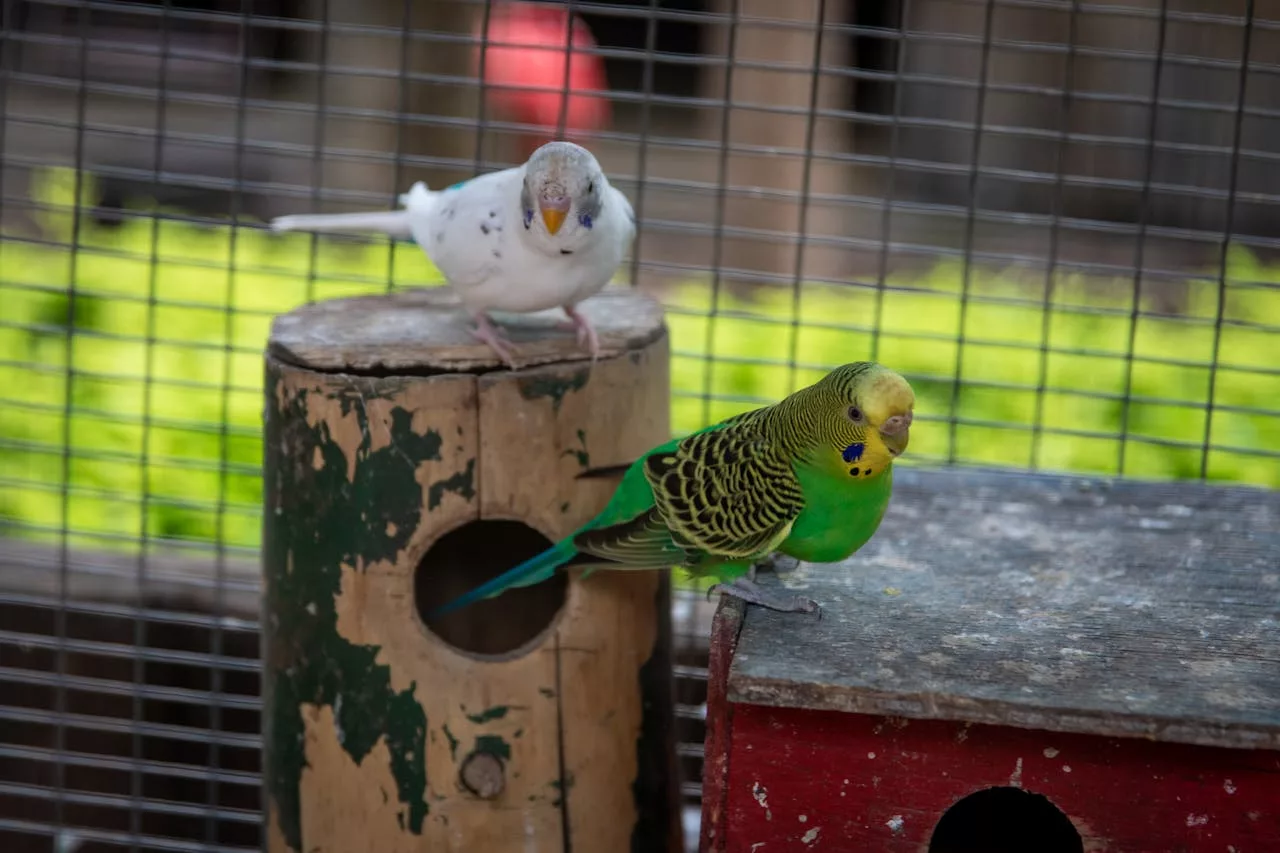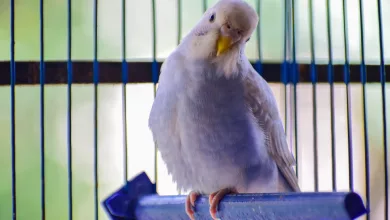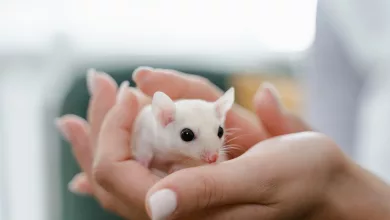Pet birds are intelligent, social, and often long-lived companions. But they also come with specific needs that many new owners overlook. If you’re thinking about bringing a feathered friend into your home—or already have—avoid these common mistakes that can lead to stress, illness, or behavior problems.
1. Keeping the Cage Too Small
One of the biggest mistakes is housing birds in cages that are too small. Birds need room to stretch their wings, climb, and move freely. A cramped cage leads to boredom, muscle atrophy, and stress. Always choose the largest cage you can fit in your space, and make sure it’s appropriate for the species.
2. Lack of Mental and Physical Stimulation
Birds, especially parrots, are highly intelligent and need daily mental engagement. Without stimulation, they can develop behavioral problems like feather plucking or excessive screaming. Offer toys, puzzles, foraging opportunities, and regular out-of-cage time to keep their minds active and bodies moving.
3. Poor Diet
Seed-only diets are outdated and harmful. Many birds need a varied diet including pellets, fresh fruits, vegetables, and occasional seeds or nuts. A poor diet can lead to vitamin deficiencies, obesity, or other serious health issues. Consult an avian vet or nutrition guide for species-specific recommendations.
4. Not Socializing Enough
Birds are flock animals and require social interaction. If you leave them alone for long stretches, they can become lonely and stressed. Spend time interacting with your bird daily. Talking, training, or just letting them perch nearby can make a big difference in their mental well-being.
5. Ignoring the Need for Specialized Vet Care
Not all vets are trained to care for birds. Many bird owners wait until a serious problem arises to seek help—and by then it may be too late. Find an avian vet early and schedule routine check-ups. Birds are experts at hiding illness, so preventive care is crucial.
Final Thought
Birds are not low-maintenance pets, despite what some people think. They require time, attention, and proper care to thrive. Avoid these common mistakes, and you’ll be on the right path to raising a healthy, happy, and well-adjusted avian companion.



